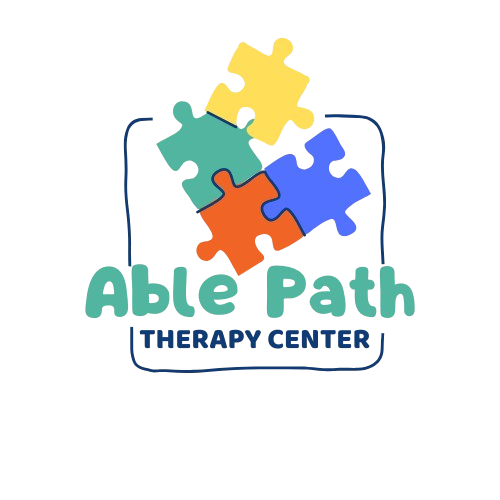Frequently Asked Questions
Pediatric occupational therapy helps children develop, improve, and enhance the skills necessary for daily activities and participation in their environment. This includes skills such as fine motor skills, sensory processing, self-care, and social interaction.
Signs that a child might benefit from occupational therapy include:
- Difficulty with tasks like holding a pencil or using utensils
- Trouble with coordination or balance
- Sensitivity to textures, sounds, or lights
- Challenges with self-care tasks such as dressing or toileting
- Struggles with social interactions or play
During the first appointment, the OT will:
- Conduct a thorough evaluation of your child’s abilities and challenges
- Discuss your child’s medical history, developmental milestones, and specific concerns
- Develop a treatment plan and set goals for therapy
- Answer any questions you might have about the therapy process
To support your child’s therapy at home:
- Follow the therapist’s recommendations and home exercises
- Create a structured and supportive environment
- Encourage practice of skills learned in therapy
- Maintain open communication with the therapist about progress and challenges
Progress can be tracked through regular updates from the therapist, observations of your child’s development and improvements, and comparing the progress with the goals set at the beginning of therapy. Regular communication with the therapist will help you stay informed.
